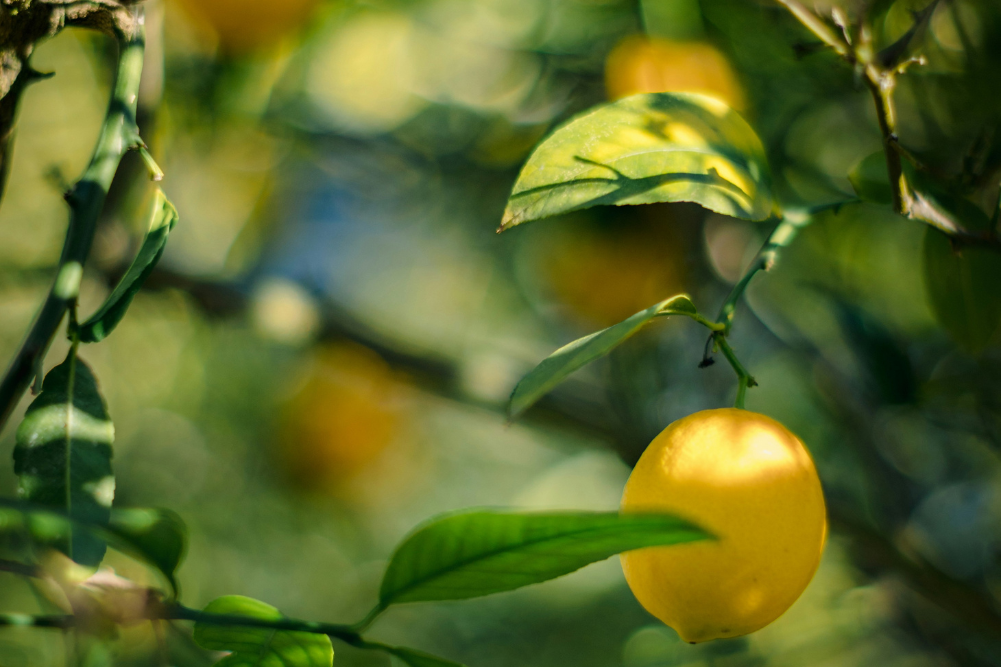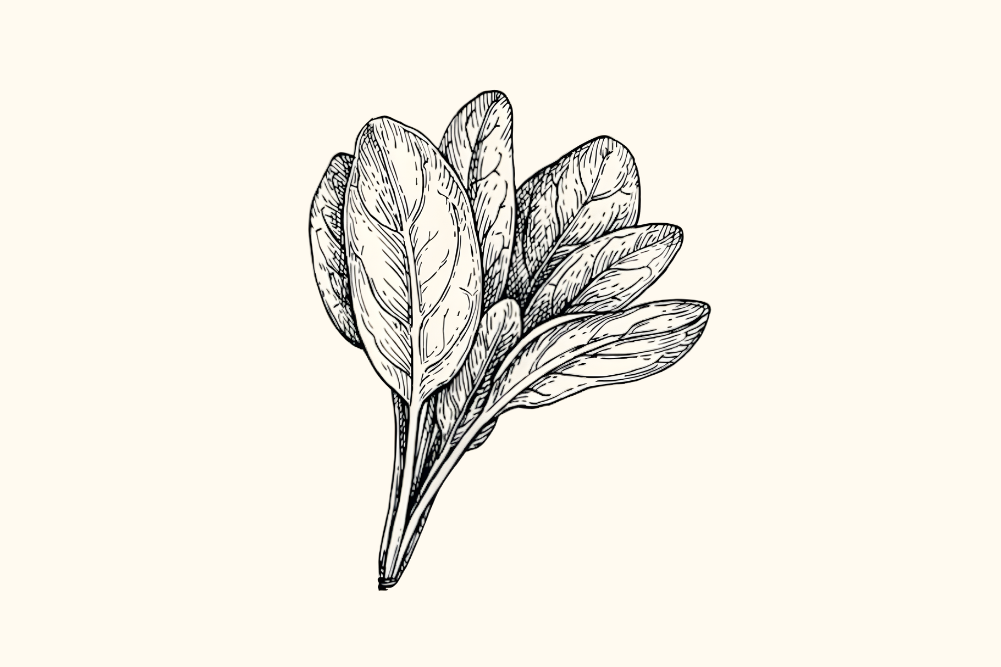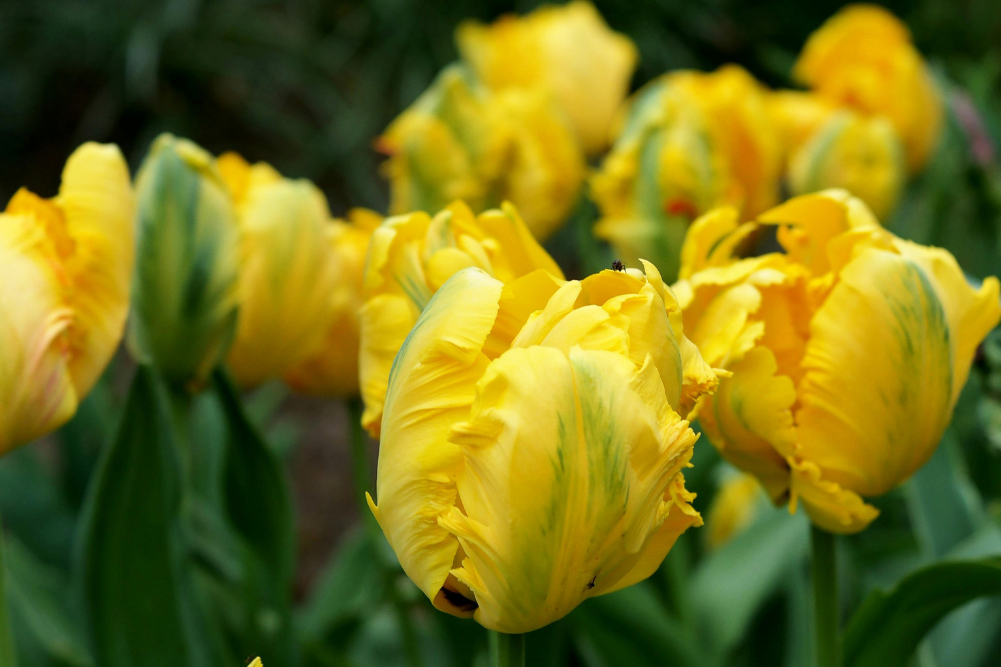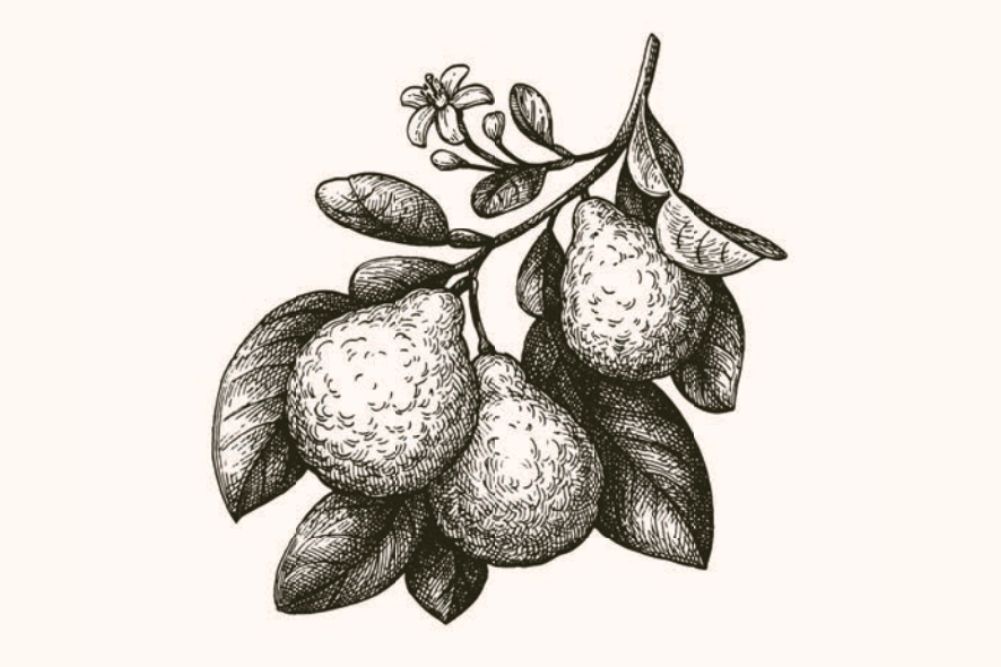Bad vibrations
It is tempting to look at a plant and think that it is largely insensate but that would be a mistake. Just because plants don’t have eyes and ears like we do, does not mean they are incapable of taking in information from their environment and changing their behaviour in response. There has been lots of research showing that plants respond to music and now a new study shows that plants can also respond to stimuli that are not so pleasant.
In the study researchers placed butterfly caterpillars on the flowering plant Arabidopsis thaliana. They then measured the vibrations the caterpillars made when they chewed the leaves of the plant. The measurement was done using a laser beam to bounce off a piece of reflective tape placed on the leaf surface. The amount of deflection measured the amount of vibration and the researchers were also able to play the output of the laser through a speaker so the human ear could “hear†what the plant was hearing or feeling as the caterpillar munched through the leaf.
Once they had these laser recordings of caterpillar activity, they played them to one set of plants while another set were exposed to only silence.
When they looked at what was happening inside the plants they found that the plants exposed to the sounds of caterpillars produced more mustard oils which are a defense mechanism against predators. What was really interesting was that the plants did not produce more mustard oil in response to vibrations from gentle wind or other insect sounds, even though these shared some frequencies in common with the caterpillar vibrations.
It seems that plants very precisely recognise the vibrations made by predators and produce defensive chemicals as a result. This could have implications for agriculture and mean that playing predator sounds could be an environmentally more sustainable alternative to using pesticide for example. If you are planning something similar for your veggie patch and can’t get any good caterpillar recordings maybe could just try “The Beatles†instead?







